The Supreme Court has struck down a sweeping law that allowed police to jail people for online posts thought to be offensive, with potentially far-reaching consequences for civil liberties and the right to free speech in India. After three years of protests by free speech campaigners and others, a bench comprising justices J. Chelameswar and Rohinton F. Nariman held section 66A of the Information Technology (IT) Act, 2000, to be unconstitutional. “Section 66A is unconstitutional and we have no hesitation in striking it down,” declared Justice R.F. Nariman, reading out the judgment. They added: “The public’s right to know is directly affected by section 66A.” The apex court ruled that the controversial section 66A is “open ended, undefined, and vague” with every expression used in it “nebulous in meaning”. “Section 66A is cast so widely that virtually any opinion on any subject would be covered by it, as any serious opinion dissenting with the mores of the day would be caught within its net,” the court said.
Supreme Court looks to balance interests in Internet regulation. The ruling was widely welcomed by free speech defendants who have been at the forefront of a campaign against the provision that has been used by the police in recent years to arrest social media users for posting comments that others deemed offensive. “Internet as a medium is meant to be free and transcend territorial borders with minimal regulation and monitoring,” said R. Chandrashekhar, president of the National Association of Software and Service Companies, an industry lobby group. “The IT Act has well served the objective to provide the legal framework for data security and Internet laws in the country. The changes enabled by the Supreme Court judgment would provide a much-needed boost to the citizens of the country and help the objective of a digitally connected India.”
The Union Ministry of Home Affairs (MHA) has recommended the strengthening of sections 153A and 505 of the Indian Penal Code (IPC) instead of modifying section 66A of the Information Technology Act, 2000. Section 153A of the IPC prohibits hate speech and punishes any form of action or communication that leads to disharmony or feelings of enmity, hatred or ill-will among people. The maximum punishment is three years in jail. Section 505, on the other hand, punishes statements that amount to public mischief. Both sections have ramifications similar to section 66A, but unlike it, are non-bailable offenses.
It is also learned that the Union Ministry of Electronics and Information Technology (MeiTY) supported the idea mooted by the MHA. The MHA’s recommendations hint at the possibility of heightened censorship, which was not what the panel set out to achieve, experts say. The Cyber Regulation Advisory Committee (CRAC) was formed by the MHA to study the Supreme Court’s judgment that called section 66A “unconstitutional” and “draconian”. Since the IT Act was originally formed to promote the IT industry, it should be amended to allow for preventive measures, it said. The WCD Ministry’s areas of concern are the cyber security of women and children. As part of its prescriptions for a comprehensive overhaul, it has mooted the idea of a green channel for raising cyber crime cases on a real-time basis, where the abusive content can be taken down immediately.
—Prashant Tewari, Editor-in-Chief







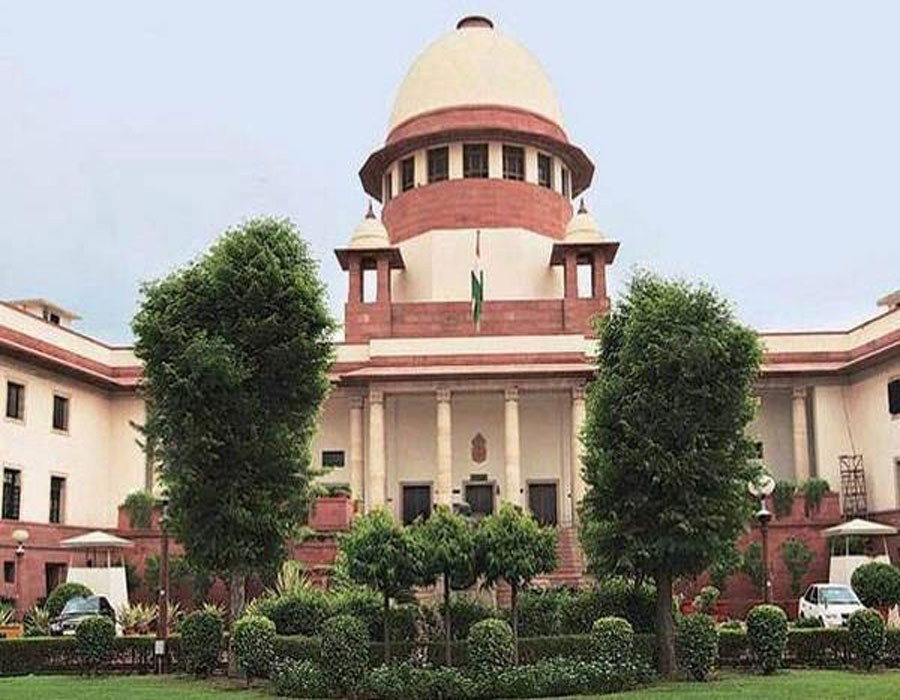
 OpinionExpress.In
OpinionExpress.In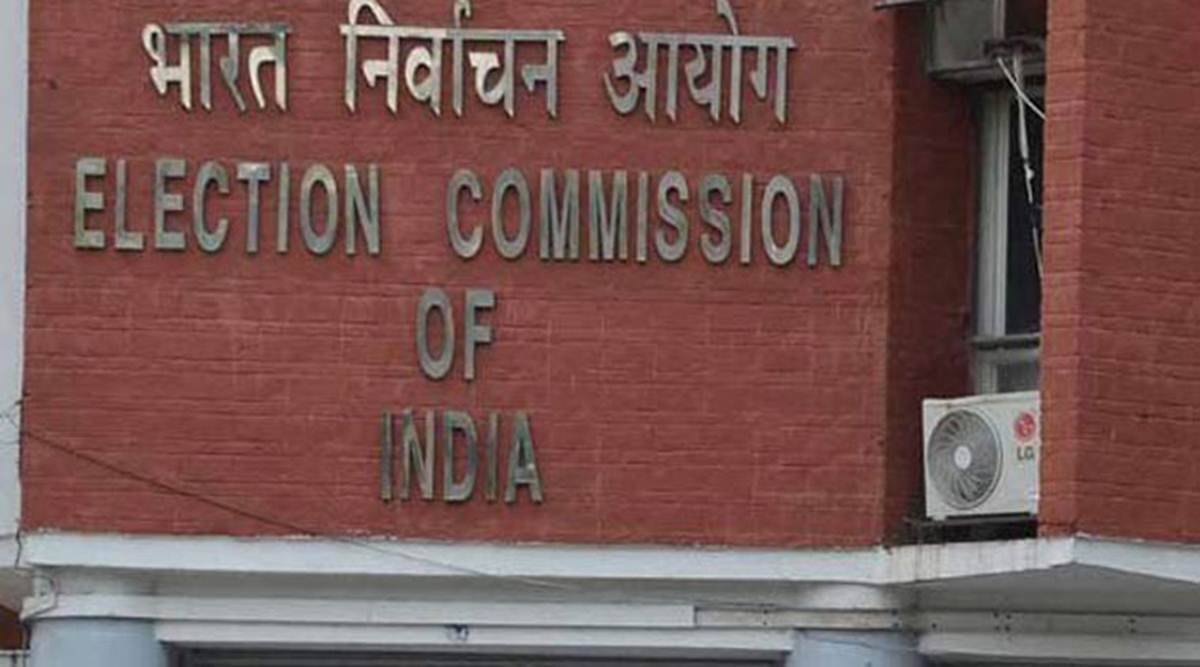
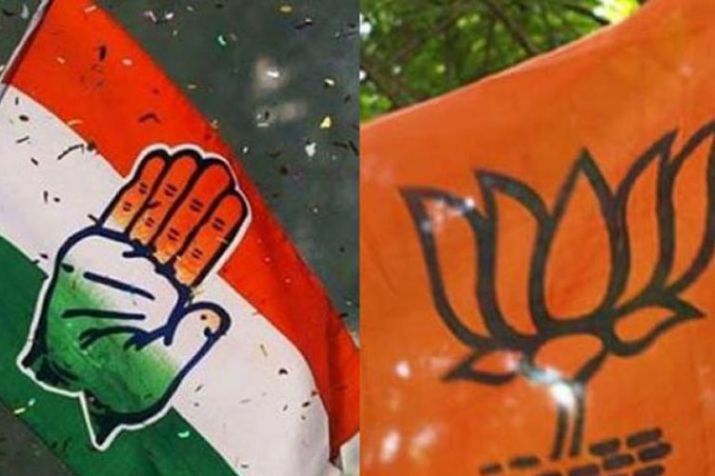

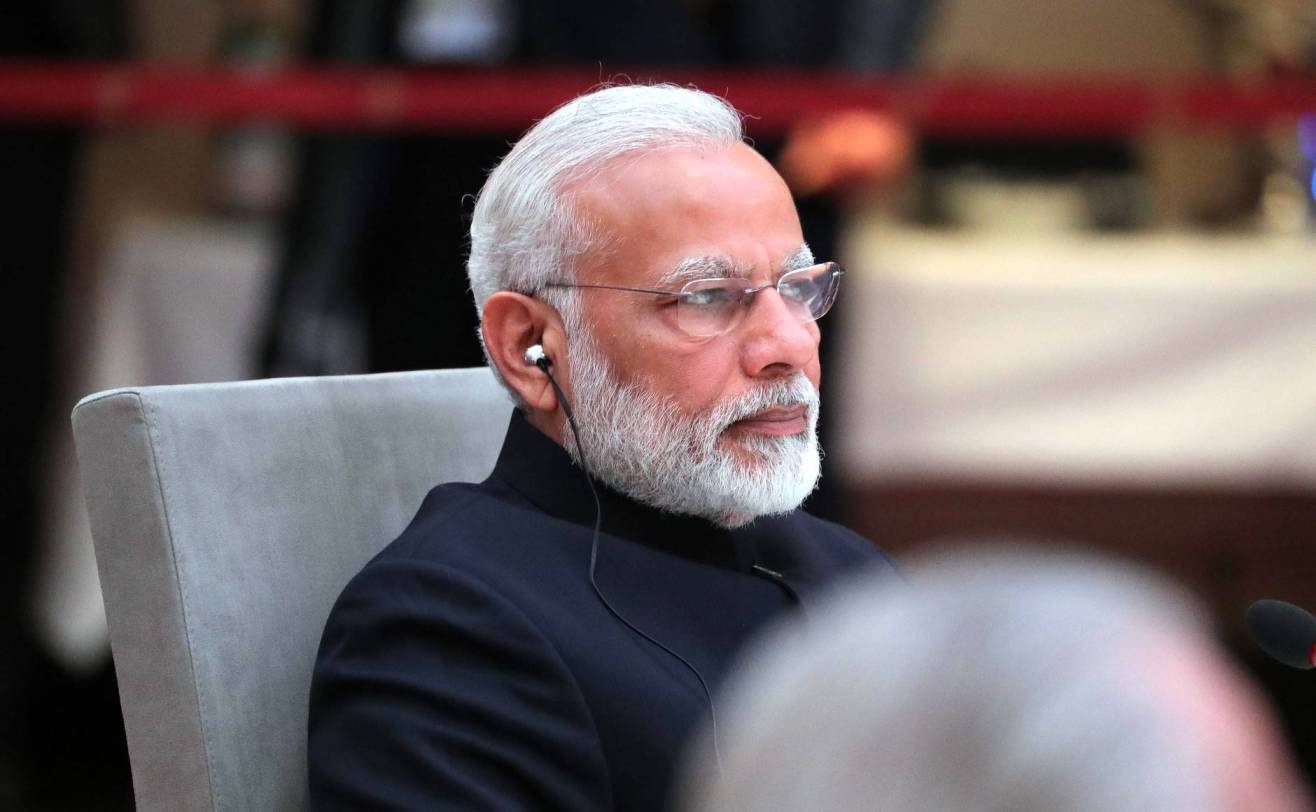
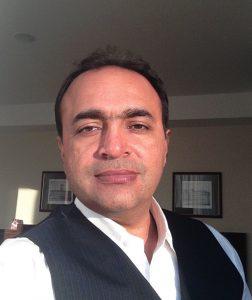
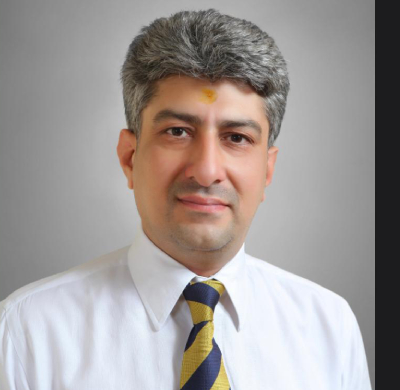
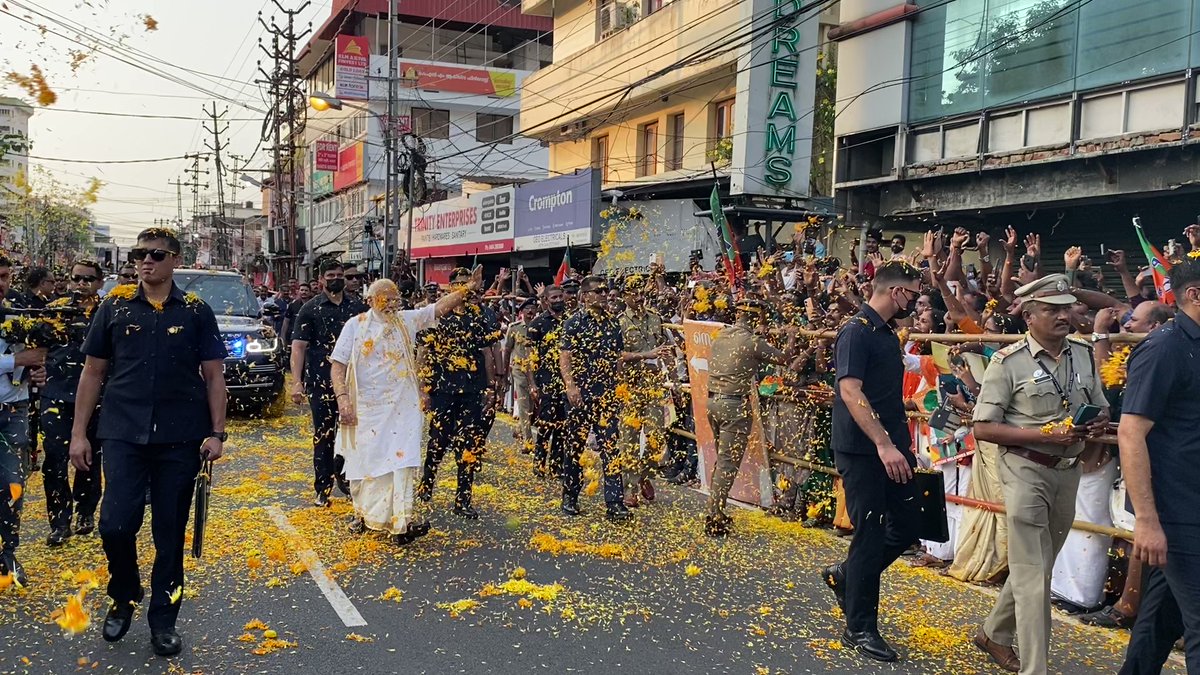
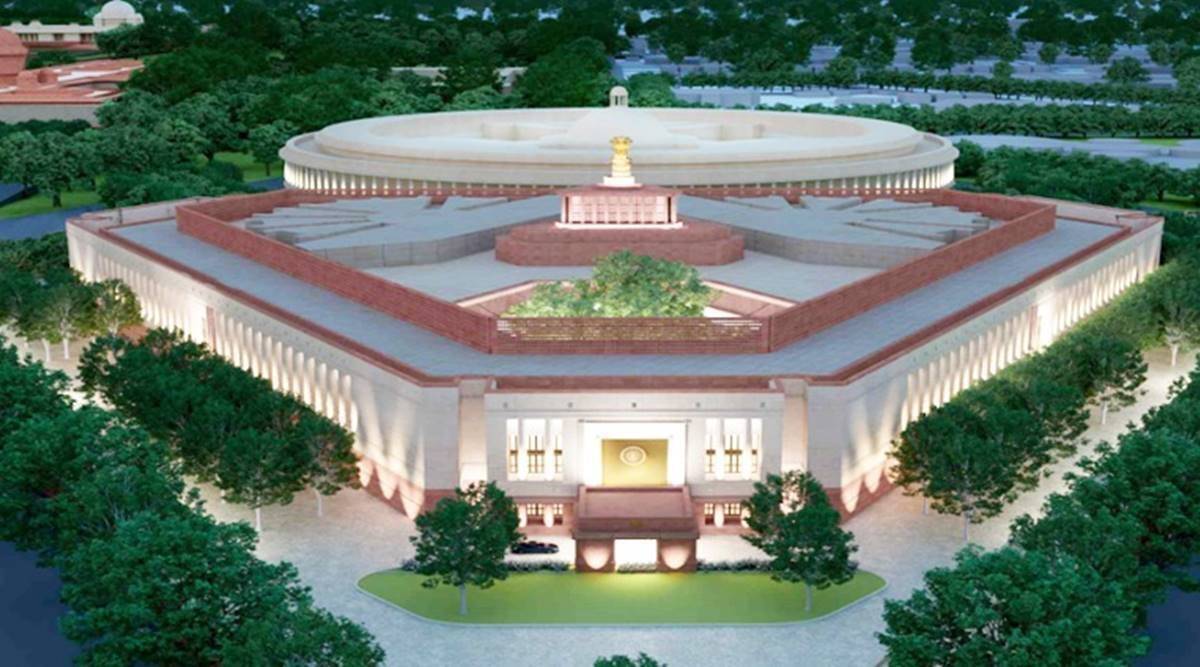

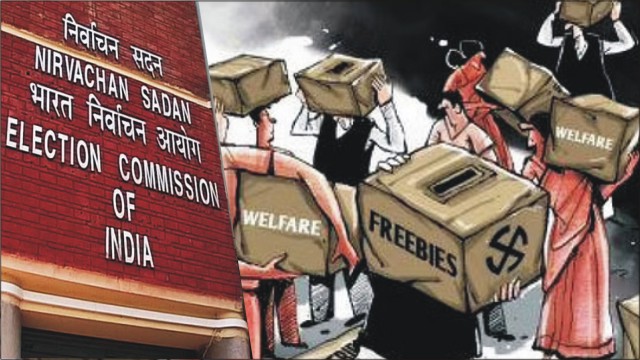






Comments (0)